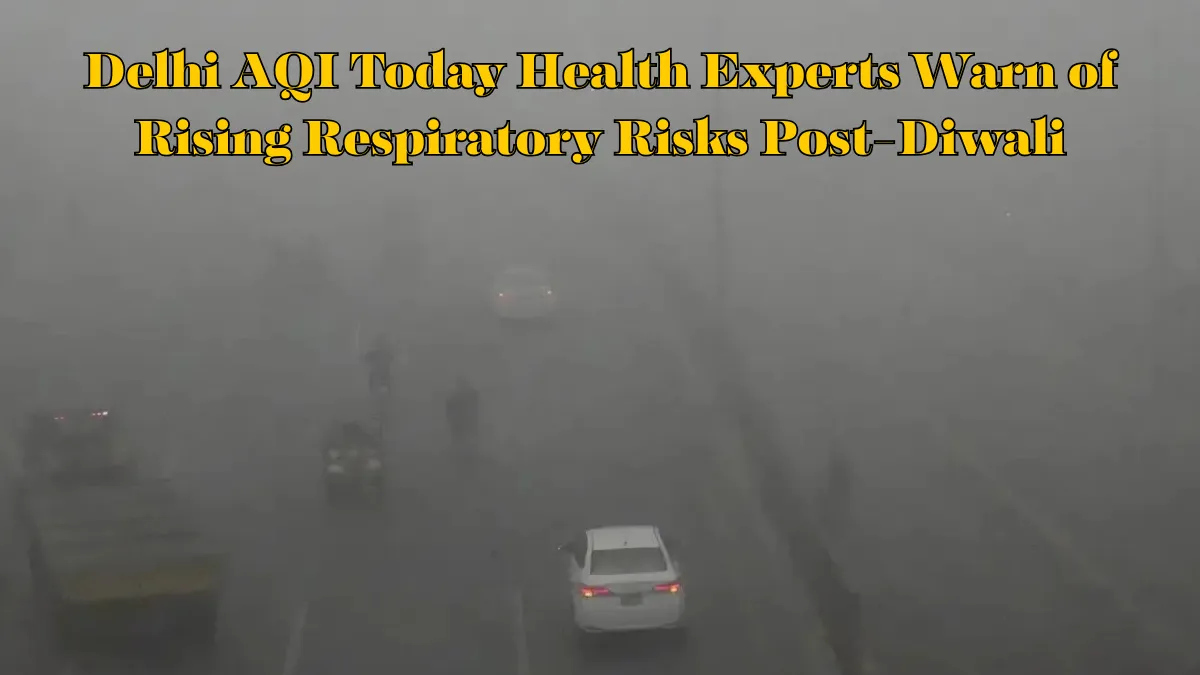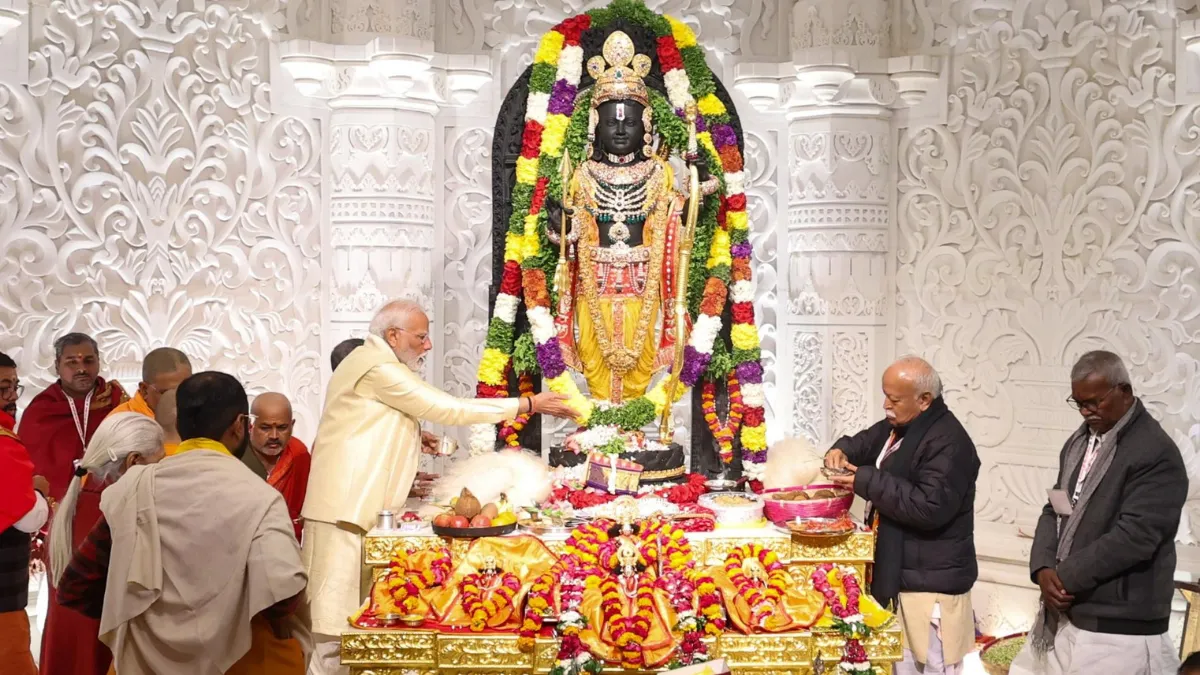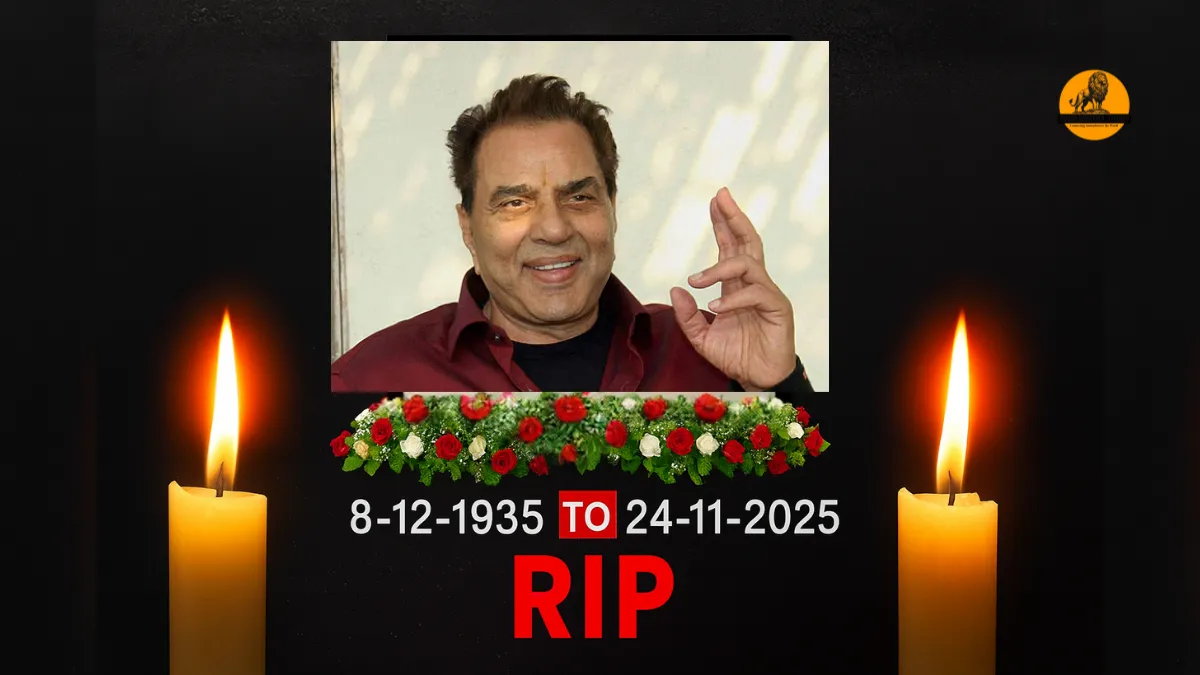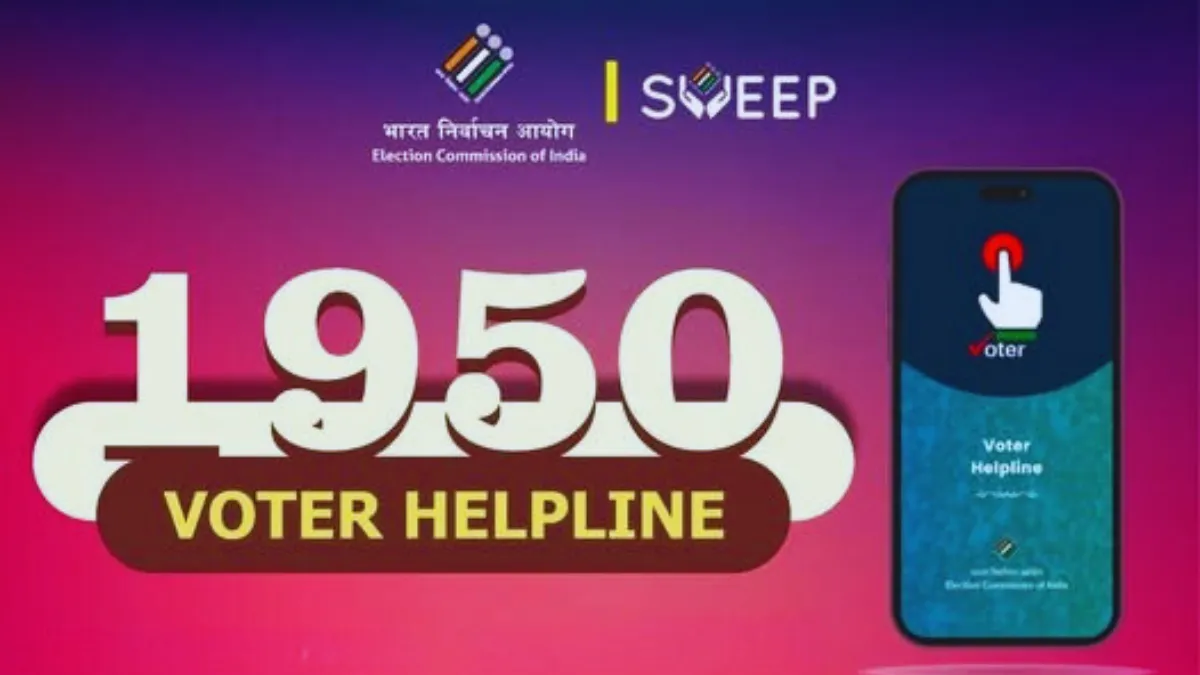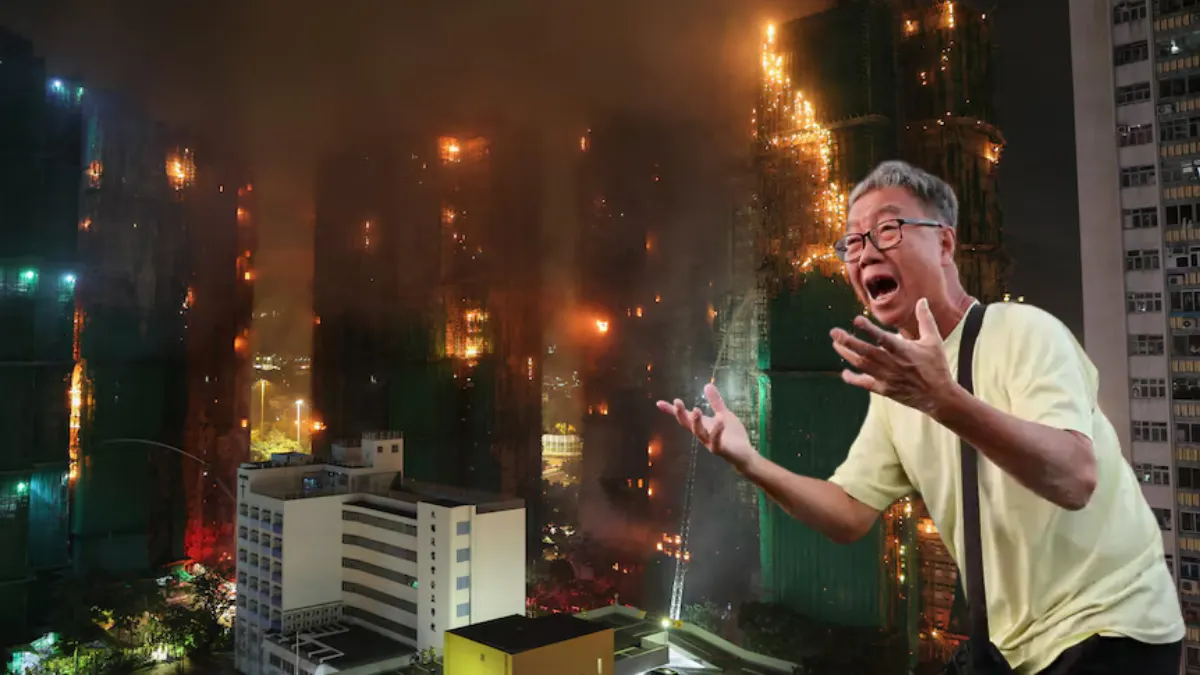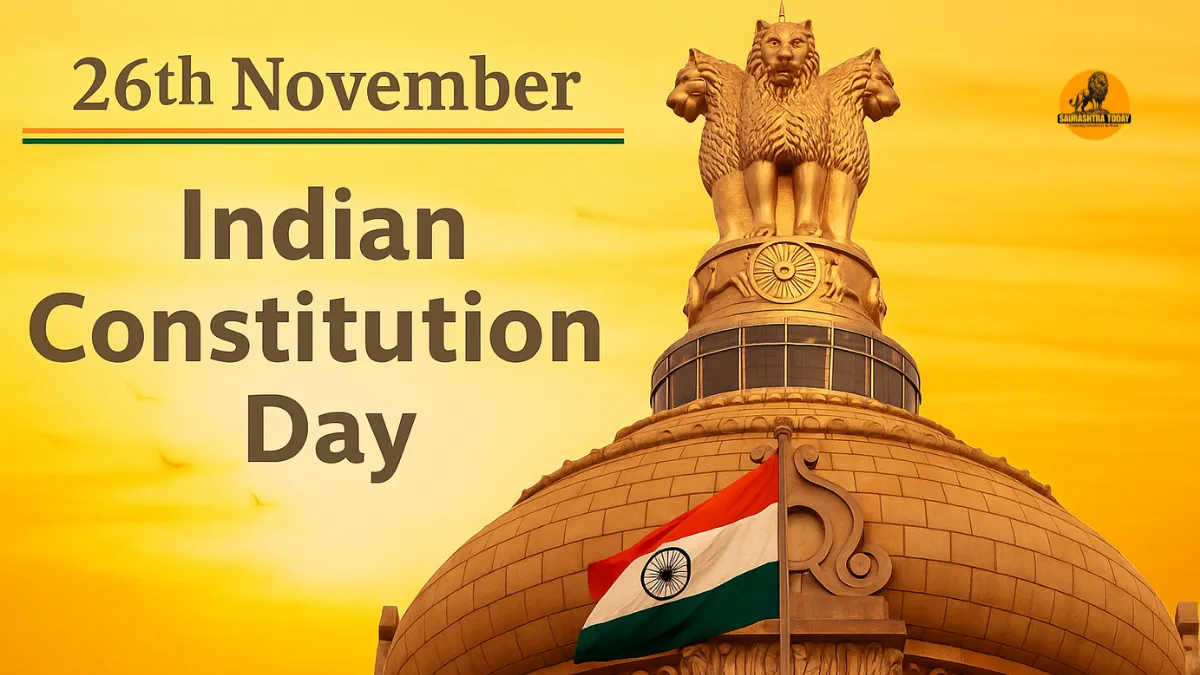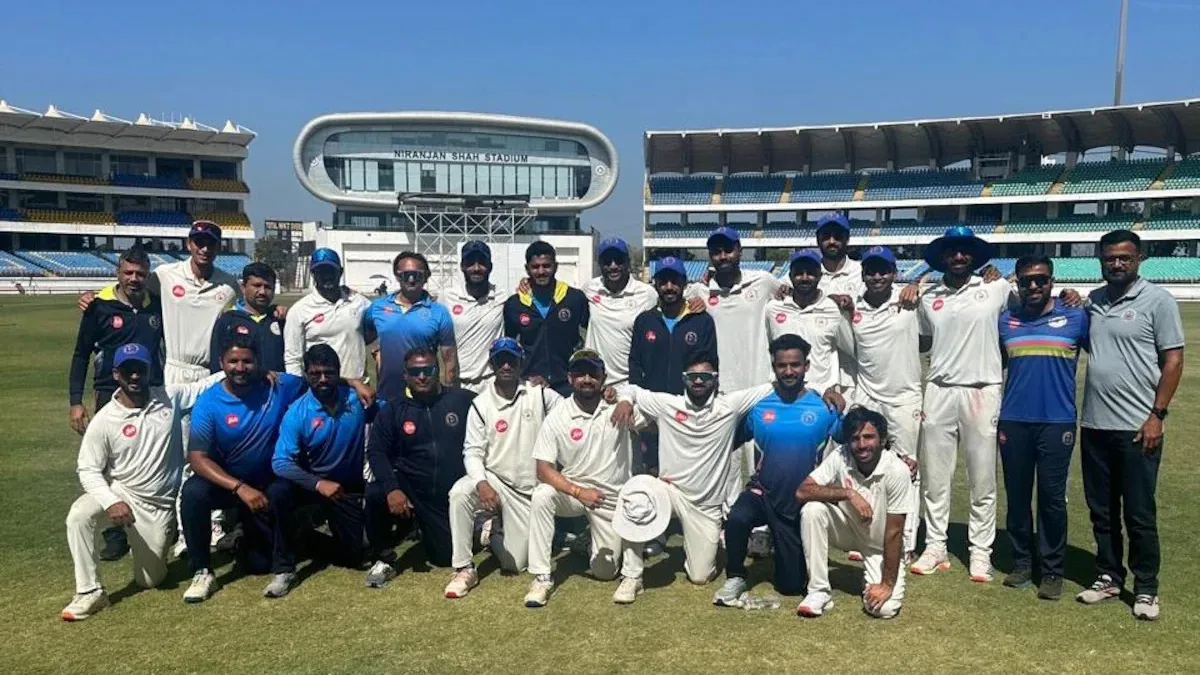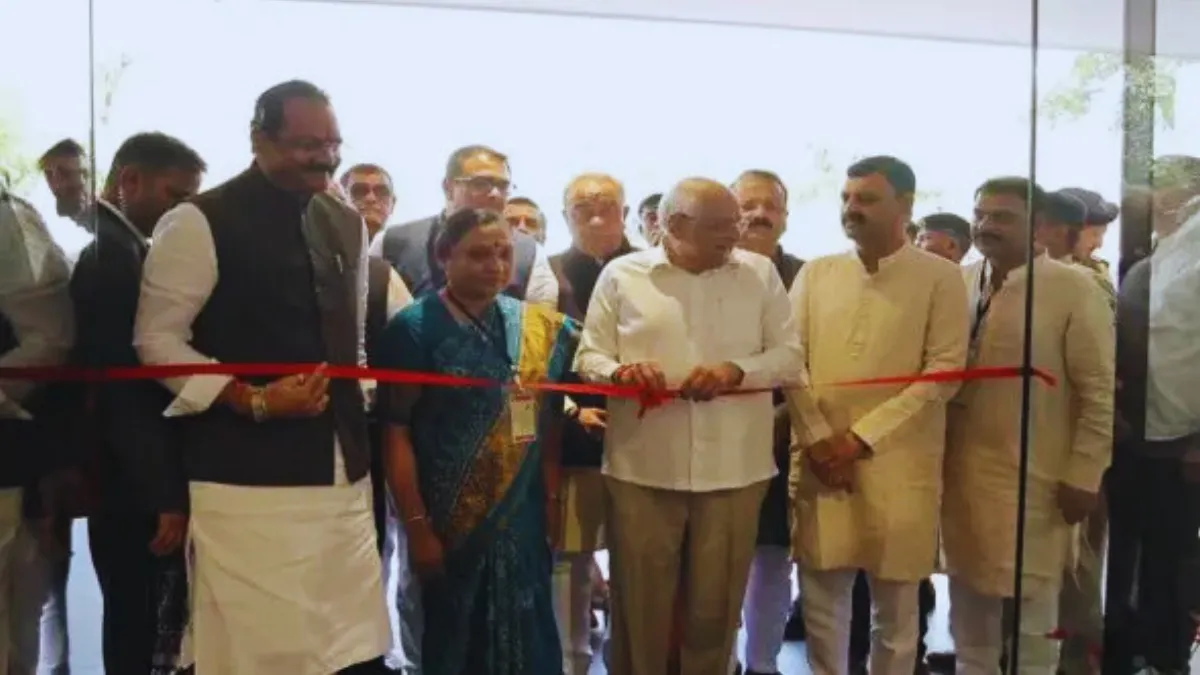The national capital of India, Delhi, is grappling with worsening air quality following the festive season. The combined effect of Diwali celebrations, seasonal weather shifts, and stubble burning in neighbouring states has significantly escalated pollution levels. Health experts are urging citizens to take preventive measures, especially for vulnerable groups such as children, the elderly, and individuals with respiratory conditions.
Post-Diwali Pollution Surge: Causes and Concerns
The festive season often brings joy and celebrations, but it also coincides with a spike in air pollution levels. Diwali fireworks, although celebrated with enthusiasm, contribute to particulate matter in the air. While the Supreme Court permitted the use of green fireworks under specific guidelines, experts emphasize that pollution levels are expected to worsen after the festival.
Additionally, stubble burning in neighbouring states like Punjab and Haryana adds to the already deteriorating air quality in Delhi. Seasonal changes, such as dropping temperatures and low wind speeds, prevent pollutants from dispersing, leading to an accumulation of harmful particles near the ground.
Commission for Air Quality Management Implements GRAP Stage 2
The Commission for Air Quality Management (CAQM) has enforced Stage 2 of the Graded Response Action Plan (GRAP) in the National Capital Region (NCR) effective Sunday. This step includes stringent measures aimed at controlling pollution sources and protecting residents from severe air quality conditions.
Health specialists warn that while regulatory steps are necessary, citizens must also take personal precautions to reduce exposure to hazardous air.
Expert Insights: How Winter and Pollution Affect Health
Dr. Nikhil Modi, a Respiratory Medicine Specialist at Apollo Hospitals, explained the seasonal factors contributing to the post-Diwali pollution spike.
“As winter approaches every year, AQI levels start to rise. Cold air traps pollutants near the ground because it doesn’t rise easily, and low wind speeds fail to disperse them. Before Diwali, AQI levels were already increasing, and after the festival, a further rise was expected. Individuals with allergies and respiratory issues often face difficulty in breathing, coughing, watery eyes, and other symptoms immediately after the festival,” said Dr. Modi.
He advised residents to follow preventive measures, including using prescribed medicines for respiratory problems, minimizing outdoor activities, and ensuring children and elderly people wear masks when outside.
Children and Pregnant Women at Higher Risk
Dr. Dhiren Gupta, Co-Director and Paediatric Pulmonologist at Sir Ganga Ram Hospital, emphasized the severe health risks of pollution for children and pregnant women.
“Children have delicate organs, making them more vulnerable to pollutants. Those with asthma or other respiratory problems are at higher risk. Even healthy individuals may develop changes in their lungs after prolonged exposure to highly polluted air, which can lead to pollution-induced asthma. Pollution also impacts pregnant women and can affect fetal development. Vehicular emissions remain one of the major contributors,” Dr. Gupta stated.
The warnings underline the need for families to take extra precautions during periods of high air pollution.
Delhi Fire Services Report: Diwali Emergencies Under Control
Despite rising AQI levels, Delhi’s fire services reported a relatively calm Diwali compared to previous years. Deputy Chief Fire Officer AK Malik shared that emergency calls on Diwali day were slightly lower than last year:
- Diwali 2025: 269 calls
- Diwali 2024: 318 calls
“Our teams responded promptly to all incidents, ensuring minor emergencies did not escalate into major ones. In Janakpuri, seven people were rescued during a significant incident, and two firefighters sustained minor injuries in Rupnagar,” said Malik.
He added that public compliance with safety appeals likely contributed to the reduced number of emergencies during the festival.
Delhi AQI Today: Current Air Quality Status
According to the Central Pollution Control Board (CPCB), Delhi’s Air Quality Index (AQI) stood at 359 as of 10 am today, indicating a severe pollution level.
Certain localities have been hit harder than others:
- Bawana: AQI 432
- Jahangirpuri: AQI 405
- Ashok Vihar: AQI 408
- Wazirpur: AQI 408 (severe category)
Residents in these areas are advised to limit outdoor activities and take protective measures, as prolonged exposure to ‘very poor’ air quality can lead to respiratory illnesses and other health complications.
Health Precautions Amid Severe Air Quality
Experts recommend a combination of personal and community measures to mitigate the health risks of rising pollution levels:
- Use of Masks: N95 or equivalent masks can filter harmful particulate matter.
- Avoid Outdoor Exposure: Children, elderly, and individuals with respiratory conditions should stay indoors during peak pollution hours.
- Monitor AQI Regularly: Citizens should follow live AQI updates to plan daily activities.
- Medication and Treatment: Individuals with asthma or allergies must keep inhalers and medicines handy.
- Indoor Air Quality: Using air purifiers and keeping windows closed can reduce indoor pollution exposure.
Public awareness campaigns by Delhi authorities and NGOs emphasize the importance of these preventive steps to safeguard health during high-pollution periods.
Also read: PM Modi Celebrates Diwali with Brave Soldiers on INS Vikrant: A Symbol of Strength and Patriotism
The Role of Policy and Long-Term Measures
While immediate precautions are necessary, experts stress the importance of long-term policy interventions to combat Delhi’s chronic air pollution problem:
- Strict enforcement of vehicle emission norms
- Regulation of industrial emissions
- Promotion of public transport
- Sustainable alternatives to crop stubble burning
- Encouraging eco-friendly festival practices
Sustained measures are essential to ensure safer air quality and prevent recurrent health risks every winter season.
Also read: What is Six Pocket Syndrome? Psychologist Explains Why Single Children May Behave Assertively
Conclusion: Staying Safe During High Pollution Days
The Delhi AQI today underscores a critical public health concern. With severe pollution levels in multiple areas of the city, residents must stay informed and adopt protective measures to safeguard themselves and their families.
While regulatory authorities take steps to manage the crisis, individual awareness and precautionary actions are equally vital. Following expert advice, minimizing outdoor activities, using protective gear, and monitoring daily AQI updates can significantly reduce health risks.
As the festive season fades, the focus now shifts to long-term strategies for cleaner air, highlighting the shared responsibility of government, citizens, and communities in combating Delhi’s recurring air quality challenges.
